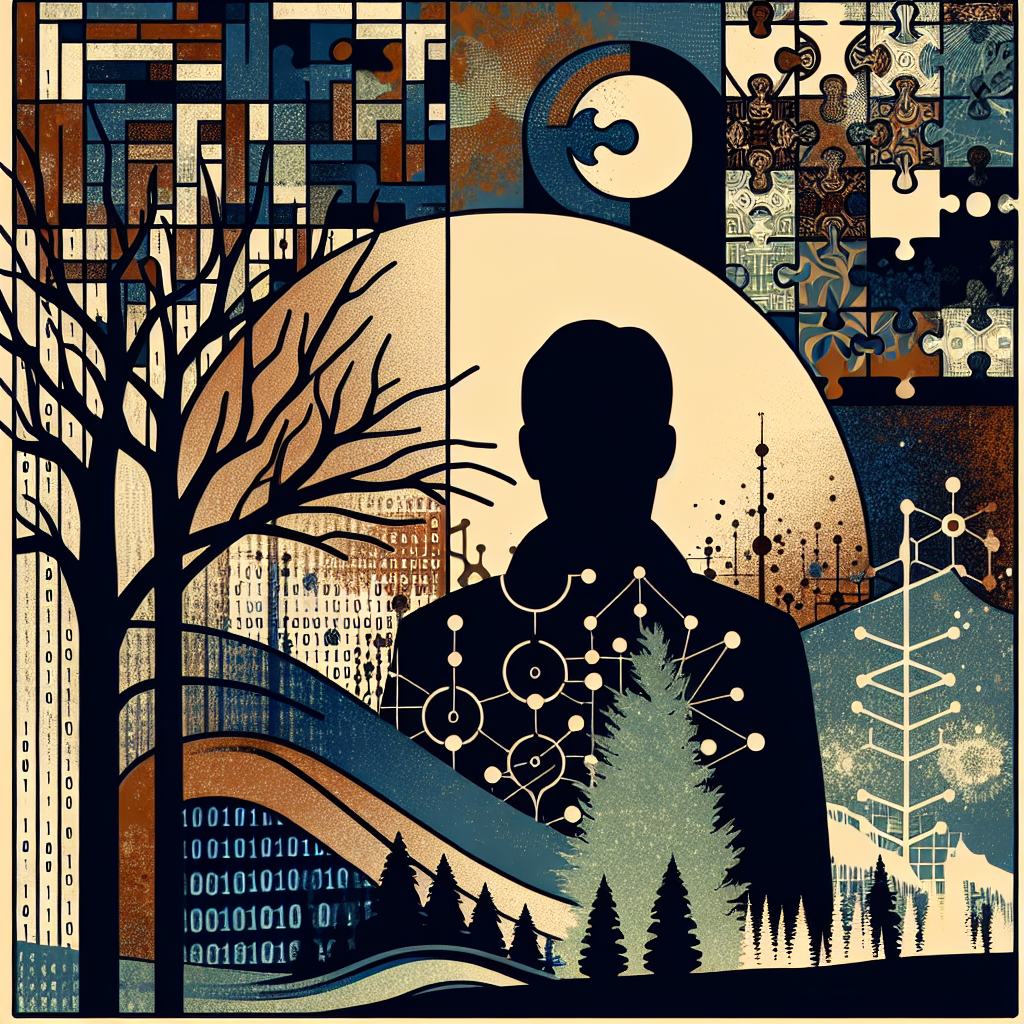Introduction
"Unraveling Mystery and Intrigue: Why The Girl With the Dragon Tattoo by Stieg Larsson is a Must-Read Thriller" delves into one of the most riveting novels of the early 21st century. Originally published in Sweden as "Män som hatar kvinnor" ("Men Who Hate Women"), "The Girl with the Dragon Tattoo" is the first book in Larsson’s "Millennium Trilogy." This debut novel not only catapulted its author into literary stardom posthumously but also positioned itself as a cornerstone in modern thriller literature. Its significant contribution lies in its intricate weaving of mystery, social commentary, and groundbreaking character portrayal, ultimately becoming emblematic of Scandinavian noir.
Stieg Larsson, a Swedish journalist and writer, crafted a sensational narrative that explores societal and systemic vulnerabilities. His work is characterized by a dedication to uncovering inequality and injustice, often rooted in personal experiences and ideals. This blend of investigative insight and fictional flair resonates throughout Larsson’s short, yet impactful, literary career, making "The Girl with the Dragon Tattoo" a quintessential representation of his vision.
Main Themes
Several themes permeate "The Girl with the Dragon Tattoo," each contributing to its compelling nature. The most prominent theme is the quest for truth amid deep-seated corruption and deception. Larsson meticulously constructs a narrative that pits protagonist Mikael Blomkvist, an investigative journalist, against the moral decay within Sweden’s elite class. This search for truth is deeply linked to the novel’s critical commentary on abuse of power and systemic misogyny – seen through the lens of the patriarchal Vanger family.
Another core theme is the manifestation of justice and revenge. Lisbeth Salander, the titular "girl with the dragon tattoo," embodies this narrative thread. With her unique abilities and troubled past, Salander represents a form of social and personal justice that circumvents traditional legal pathways. Her complexity as a character allows Larsson to explore themes of autonomy, control, and resilience against a system that repeatedly fails her.
Character Development
Lisbeth Salander is perhaps one of literature’s most compelling characters, a masterclass in writing a protagonist who defies conventional norms. Her character is a blend of sharp intelligence, social isolation, and vulnerability. Her independence and acute sense of moral justice make her both enigmatic and relatable. Larsson gives her layers of nuance through her interactions and backstory, which include her abusive guardianship under the Swedish authorities and her strategic intelligence despite these setbacks.
Mikael Blomkvist serves as a narrative anchor, a character who operates both within and outside societal norms. Larsson presents him as an everyman with a moral compass and a flair for the truth. His development is seen in his evolving partnership with Salander, challenging his perceptions and methods. Blomkvist’s journey is as much about solving the mystery central to the plot as it is about engaging with the moral landscape Larsson critiques.
Narrative Techniques
Larsson employs a non-linear narrative interspersed with rich details that enhance the novel’s mystery and intrigue. He deftly uses foreshadowing and a steady revelation of information, which keeps readers perpetually on edge. The technique of parallel storytelling, particularly the intertwining of Blomkvist’s investigation with Salander’s personal endeavors, amplifies the suspense and complexity of the plot.
The book’s detailed descriptions and meticulous pacing guide readers through a labyrinth of secrets and revelations. Chapter headings, marked with statistics about violence against women, serve dual purposes: advancing the thematic gravity while anchoring the readers to the novel’s social critique.
Cultural, Social, and Historical Contexts
"The Girl with the Dragon Tattoo" is deeply embedded in Sweden’s cultural landscape, mirroring real-world issues such as corporate malfeasance, journalism ethics, and gender-based violence. Larsson leverages his journalistic background to construct a narrative that speaks to universal challenges while highlighting particular Swedish societal structures.
The novel also emerged during a period when Scandinavian noir was gaining prominence. Its stark portrayal of societal issues framed within thrilling storylines reflects broader regional literary traditions. Larsson’s work played a crucial role in bringing Nordic noir to an international audience, influencing numerous authors and filmmakers in the thriller genre.
Legacy and Influence
Since its release, "The Girl with the Dragon Tattoo" has left an indelible mark on both literature and popular culture. It has sparked adaptations, including films and television series, and fostered an expanding genre of Nordic noir. Larsson’s creation of a strong, unconventional female protagonist laid the groundwork for more diverse and complex characters in thrillers and beyond.
His exploration of societal flaws continues to resonate with audiences, prompting discussions on topics such as gender equality, journalistic integrity, and the interplay between wealth and morality. Larsson’s incisive portrayal maintains its relevance, as these issues remain pervasive.
Reflective Questions and Takeaways
"The Girl with the Dragon Tattoo" beckons readers to ponder its relevance to modern society. How does Larsson’s examination of power and corruption reflect current socio-political climates globally? In what ways do Salander’s struggles echo the challenges faced by marginalized individuals today? The novel invites readers to reflect on the justice system’s role and efficacy in safeguarding against abuses of power.
As readers navigate this gripping narrative, they are compelled to consider the interplay between fictional storytelling and real-world implications. Larsson’s work is a reminder of literature’s potential to illuminate societal truths and drive change, remaining a pertinent read for those seeking depth beyond the thrill.
In today’s world, where issues of systemic abuse and inequality continue to emerge, reflecting on "The Girl with the Dragon Tattoo" brings forth an opportunity to engage with these critical issues anew. The novel persists as a lens through which we examine reality, challenging us to unravel the mysteries within our own societal constructs.
Got more questions? Our personalized Book Explorer AI assistant is here to help. Click here to start a conversation!
[Advertisement]
Looking to find deeper meaning in the books you love? Discover how ANY book relates to positive biblical principles with Books and Scripture GPT‘ from BGodInspired.com. Click here to explore the connections that might surprise you!
[Advertisement]

